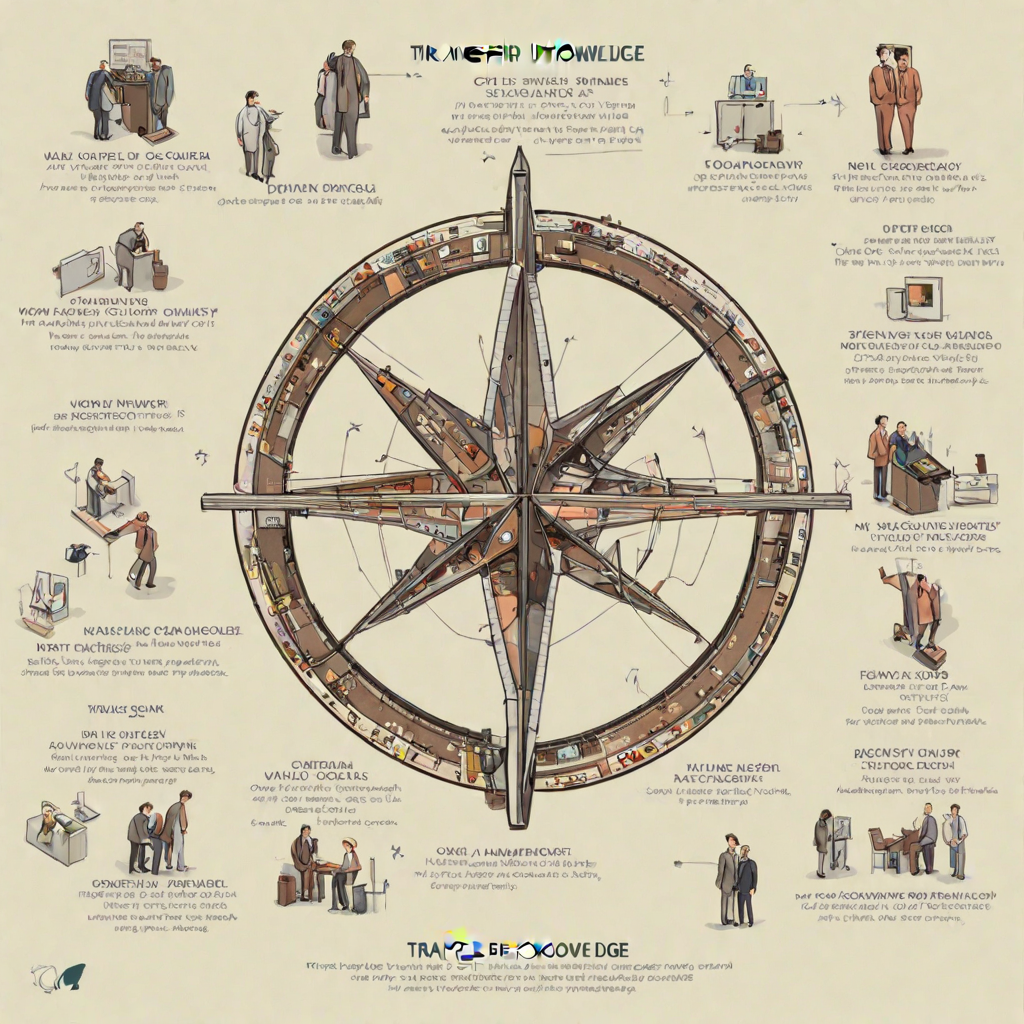
Transformative science and challenge-based learning – the role of transdisciplinarity in a changing world
Below you will find the recordings of the pilot training sessions carried out during the Arqus Research and Innovation project. Feedback from participants and analysis by speakers and organisers were used to reach conclusions which could lead to the implementation of an Arqus Transfer Training Programme.
To address challenges such as the twin transitions of climate and digitalisation, the universities’ first and second missions (research and education) need to be adapted and the third mission (co-development and societal impact) needs to be strengthened. It is no longer sufficient to increase the amount of highly specialized academic knowledge, but universities’ agendas have to align with societal missions, so universities become incubators of transformation. Digitalization will have to be guided by these missions and human well-being. Arqus can respond to these challenges by pulling together the expertise and experience of its partner universities.
Speaker: Dr. Holger Hoff (University of Graz)
Transdisciplinary Interface Manager in the Field of Excellence Climate Change Graz.
Topic: Introductory Workshop “Re-Thinking Transfer or the 3rd Mission of University“
“How to successfully communicate”. For (young?) scientists
While increasingly becoming a key aspect of doing research, communicating one‘s scientific output, especially to a lay audience, requires its own skill set and can often be a challenge.
How do you break down your findings to make them understandable while maintaining complexity and scientific value? What language should you use in which context? How do you approach different communication formats?
This session will delve into several strategies to improve one‘s science communication efforts, a skillset that is increasingly valuable for one‘s academic career as well.
Speaker: Veronika Rogenhofer (University of Graz)
Public Relations Coordinator at the Wegener Center for Climate and Global Change.
Topic: Science Communication
Co-designing public engagement in practice: fieldnotes from NEWSERA project
Public engagement seems to be paving the way for new baselines for knowledge creation and innovation paths that include the contributions of regular citizens and other stakeholders. This lecture will give the chance to consider some of the challenges of public engagement as they have been addressed by the NEWSERA project, a three-year-long Horizon 2020 project. Taking stock of the experience of NEWSERA outcomes, the lecture will explore the barriers and opportunities connected to public engagement.
Speaker: Prof. Paolo Giardullo (University of Padua)
Assistant Professor in Sociology at the University of Padua.
Topic: Science Communication
Do you have what companies are looking for? Skills identification and promotion
During this session, the topic of skills developed during the PhD, and more particularly soft, transversal and transferable skills will be addressed. Participants will learn how to identify their skills and how to value them to recruiters. The session will be composed of moments when the whole group is present and exercises in small groups.
Speaker: Carole Allouche and Stéphanie Thillet (Université Claude Bernard University Lyon 1)
Career experts with much experience in counseling PhDs on their professional integration.
Topic: Transferrable Skills: From Research to the Market Outside Academia
Competitiveness of enterprises and local SME systems. Sustainable/circular business models
In this session, the focus will be on the introduction of the circular economy framework and how environmental sustainability can be integrated into companies‘ strategies to strengthen their competitiveness. Circular business models will be presented.
Speaker: Prof. Eleonora di Maria (University of Padua)
Professor at the Department of Economics and Management.
Topic: Sustainability: Circular Economy Approaches
The boost of bio- and circular-economy: the quintuple helix model in practise
Driving innovation and scaling up new sustainable solutions requires multi-actor partnerships involving public, private, academia, and the civil society, and in close syntony with the natural environment. Cooperation culture shapes how principles of circular economy and bioeconomy are implemented in practice. Given the potential for improving the use of biological waste and cooperation between geographically proximate companies and farms, development opportunities of industrial symbiosis were chosen to be analyzed in the five selected Lithuanian municipalities. The case study of industrial symbiosis in selected Lithuanian regions, which covered socio-economic, business and technological aspects, will be elaborated during the presentation.
Speaker: Dr. Inga Matijošytė (Vilnius University)
Senior researcher and head of the Sector of Applied Biocatalysis at the Life Sciences Center.
Topic: Sustainability: Circular Economy Approaches
What is a social innovation lab? How to organize a call for social innovation labs?
A social innovation laboratory is an instrument to think in common with an experimentation and prototyping approach, combining reflection and orientation to action, in order to generate solutions to the complex challenges that affect the common good in our time, whether in neighborhoods, in institutions, in organizations, or in society as a whole. We will address practical issues to setting up social innovation lab calls in universities. Impronta Granada is one of our most challenging initiatives in this regard.
Speaker: Prof. Esteban Romero-Frías (University of Granada)
Director of Medialab UGR- Research Laboratory for Digital Culture and Society.
Topic: Social Innovation
Service Learning – as a method of knowledge transfer from universities
Service Learning is an important field of action for student knowledge transfer and is particularly well suited for knowledge transfer from the humanities and social sciences. In a simple and effective way, students can combine social engagement with their professional education. Students bring their knowledge to bear, for example, in concrete cooperation with non-university partners such as schools, associations or companies. When students work together with non-university partners in civil society, culture or business on concrete problems, both sides benefit.
Speaker: Judith Zimmermann (Leipzig University)
Officer for Strategic Knowledge Transfer Development.
Topic: Social Innovation
